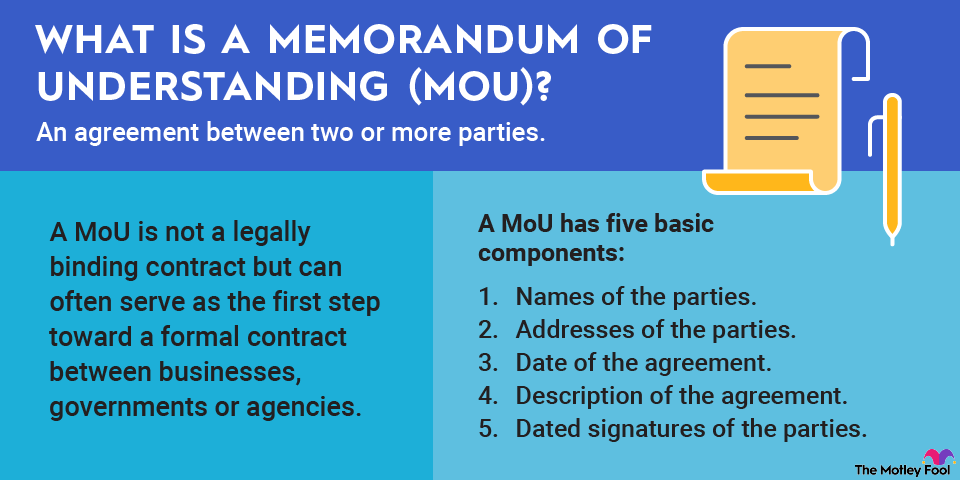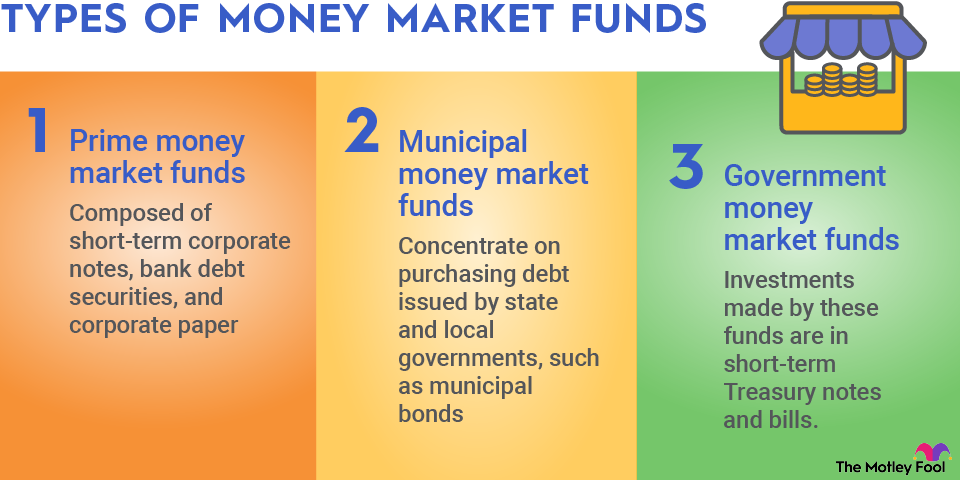Although most of us think of banks that take deposits when we think of banking, there are other types of banks in the investing world. Merchant banks are banks that help medium-sized businesses with a range of financial services.
What is a merchant bank?
When a medium-sized business needs help with international transactions or financing, they have to go to a bank that’s made for them. They’re too big to borrow from a retail bank since they’re likely to need millions of dollars -- but they’re not big enough yet to engage with an investment bank for complex transactions like initial public offerings (IPOs). This is where the merchant bank comes in.
These banks have been around for hundreds of years. They began as a way for merchants to loan money to other businesses but have evolved into banks that offer specific international financing and underwriting services to multinational companies. Handling international transactions is a service they offer; so is helping a company navigate financing from multiple sources, known as loan syndication. Some also help connect companies to various types of private equity.
Merchant banks vs. investment banks
Merchant banks are frequently confused with investment banks, but the two are very different. Investment banks are meant for huge transactions like IPOs, or other very large public and private share offerings. Their clients typically include institutional investors, governments, and huge multinational corporations. They can also assist with mergers and acquisitions, another service that large public companies need.
Merchant banks, on the other hand, bridge the gap between retail bank business services for small businesses and investment banks. They typically service high-net-worth individuals or mid-level businesses with an international presence. They can handle a multitude of international monetary transactions and help companies connect to outside financing, either through bank lenders or private equity firms. They do not assist with mergers or acquisitions.
Specific functions of merchant banking
There are several services that a merchant bank can provide for its customers, including:
- Portfolio management: Merchant banks help clients buy and sell securities to help improve their values. Often, they work with institutional investors to help connect them with companies looking to sell private shares to raise funding for bigger projects.
- Loan syndication: When a business large enough to need a merchant bank is looking to borrow money, it’s generally a lot more than any single bank is willing to take on. Instead of borrowing from one lender, these companies take out multiple loans from different banks, a process called loan syndication. Merchant banks can help arrange this financing, which can be a complex process.
- International transactions: These days, it’s easy for the average person to perform an international transaction. The company you’re dealing with automatically does the calculations, and the transaction is completed. That’s not exactly how it works for bigger companies. Merchant banks often help companies manage the currency exchanges and letters of credit required for major purchases in other countries.

















